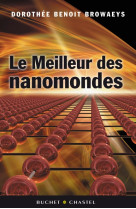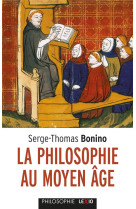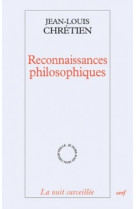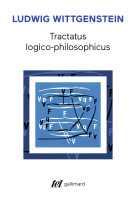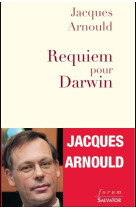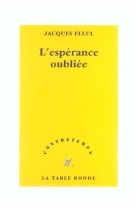Le visible et le révélé
Jean-luc marion
La Révélation du Christ se donne comme un événement qui, dans l'histoire et dans le présent, « apparaît », apparaît de plein droit et même comme un phénomène par excellence. Au point qu'à la lumière de cette visibilité, non seulement « Dieu [lui-même] s'est révél? (Rm 1,19), mais aussi toute chose devient visible, comme jamais autrement. La Révélation révèle tout phénomène à lui-même, selon ce principe, souvent répété, qu'« il n'y a rien de caché qui ne doive devenir manifeste » (Lc 8,17). Cet énoncé de la Révélation résonne comme s'il suggérait une phénoménologie du révélé. La différence des deux graphies (majuscule et minuscule) marque ici exactement la difficulté : lorsque « la lumière apparaît dans la ténèbre » (Jn 1,5), de quelle lumière s'agit-il ? Faudrait-il n'en admettre qu'une seule, qui rendrait toutes choses visibles, aussi différentes qu'elles apparaissent ? En retour, la phénoménologie doit, pour devenir ce qu'elle prétend être, élargir aussi loin que possible la mise en scène de tout ce qui peut apparaître, donc surtout de ce qui, de prime abord, et le plus souvent, « n'y apparaît pas » encore. Mais spontanément et suivant sa ligne de plus grande pente, elle ne cesse de se replier sur ce qui lui apparaît le plus aisément et le plus rapidement – les « objets » que l'on peut constituer et, dans le meilleur des cas, les « étants » qui sont. Pourtant, les phénomènes ne manquent pas qui, ni objet ni étant, ne cessent de revendiquer leur manifestation et, sans autorisation de la philosophie, réussissent à l'accomplir. Au nombre de ces phénomènes, que nous appelons « saturés », ne devrait-on pas aussi compter les phénomènes de révélation, qui seuls correspondent formellement à ce que prétend accomplir la Révélation ?
--
The Revelation of Christ emerges as an event that, in history and in the present, "appears" - in its own right, and even as a phenomenon par excellence, to the extent that in the light of its visibility, not only "God showed [himself]" (Romans 1,19), but all things became visible, as never before. The Revelation reveals all phenomena to themselves, according to the oft-repeated principle that "nothing is secret that shall not be made manifest" (Luke 8,17). This proclamation of the Revelation rings out as though to suggest a phenomenology of the thing revealed. The distinction here, between the capital and lower case ‘r', indicates the problematic exactly: when "the light shines in darkness" (John 1,5), which light are we speaking of? Should we accept that there is only one, the light that makes all things visible, however different they may appear to be? In return, phenomenology must, in order to become what it claims to be, spread as widely as possible the perception of all things that can appear above all, those things that - at first view, and most often - "have not yet appeared". But spontaneously, phenomenology focuses on what appears most easily and quickly - the "objects" that can be constituted and, in the best cases, the "beings" that exist. Yet many phenomena - neither object nor being - are constantly seeking their manifestation, and achieve it without philosophy's blessing. Should we include among these phenomena, which we call "saturated", those of revelation, which alone strictly correspond to that which claims to accomplish the Revelation?



